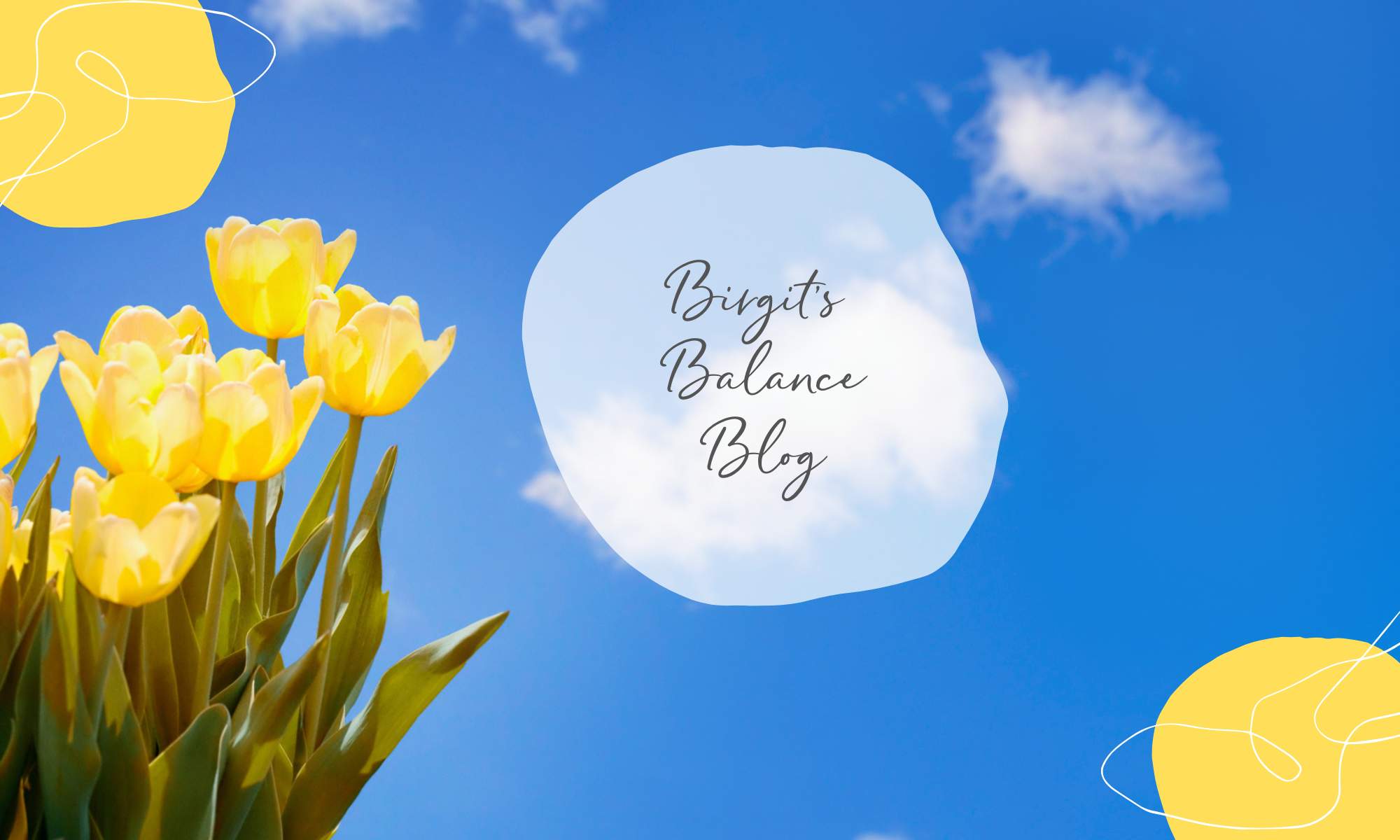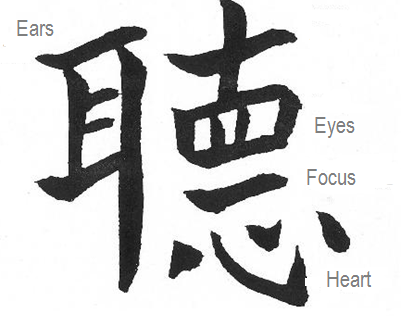
Today I would like to start by asking you two questions:
Imagine a Genie in a bottle appears and you can make three wishes. What would you wish for? (If you like, write them down)
- ____________________________
- ____________________________
- ____________________________
.
.
.
And now question number two:
Would you say that happiness and fullfillment are important goals in your life?
If you have answered YES to the second question, then look again at your list from question one. Did you mention happiness and fullfillment here?
If not, don’t worry. You are not alone. During his studies on the topic of “Happiness and Fullfillment” Prof. Raj Raghunathan asked the Genie question many times – happiness did rarely if at all appear amongst the three wishes. Which raises the question “how comes”? If we want to be happy and fullfilled, why don’t we make that wish directly?
Further research and studies have revealed several reasons. The following two are my favorites – maybe you recognize yourself?
- The fluency effect: We give happiness a lower priority because we have no clear idea of what happiness means to us. We simply lack a catchy definition. Why should I wish for something from a Genie, if I don’t even know what that will look like? And because our brain pushes things aside or considers them not so important if they are abstract, not quite clear or somehow incomprehensible to us (= fluency effect – if it is not clear it is not important), happiness fades. What is too diffuse is given less attention – and slips more easily. Because our idea of happiness itself is not concrete enough, we prefer to devote our attention to the things we think make us happy – which brings us to reason two
- Medium Maximisation: We wish for things that we believe will make us happy. Take another look at your list: would you say that a) b) c) makes happy? Sometimes you can find wishes like “a lot of money” or “a nice house”. But what do you really wish for? What value, what feeling is underneath the surface? The challenge here is: sometimes we focus so much on achieving these “happiness media” that we neglect what actually makes us happy. The consequence: we possess more but are less – and we start looking for the next “medium” hoping to find happiness through it. Sometimes we even sacrifice aspects of our lives that make us happy (time with friends and family) in order to achieve something we think makes us happy (overtime in job = promotion = more money). Here is a little story: A rich banker is on vacation in a small Mexican fishing village. One day he comes into conversation with a fisherman at the harbour. The banker quickly realizes that the fisherman is quite cunning and would make a good investment banker. “You know,” says the banker at some point, “you’re really smart. I bet you could be a pretty successful investment banker on Wall Street.” “But why would I want to be an investment banker?” “Because you could make a hell of a lot of money there,” the banker returns and flashes his Rolex demonstratively. “And then?”, the fisherman asks with an innocent expression. “What would I do with all that money?” “Well, you could retire early,” the banker replies enthusiastically. “And who knows, if all goes well, you might even think about settling down in a little fishing village like this one and do nothing else but fish all day long!” “But …”, the fisherman lifts, but he didn’t need to finish his sentence. The banker realizes that the fisherman is already living his dream.
Back to the second question from the beginning: if you have answered YES, why don’t you start with the following two steps to find your happiness?
- Find your definition of happiness. What do you really want to achieve with the 3 wishes? Do you recall situations in which you were really happy? How did it feel? Write down your definition of happiness.
- When you face decisions, recall your definition and consider which of the decisions are more likely to trigger the feelings associated with happiness or bring you closer to them
Choose Happiness!
Deine Birgit












